As the labor market undergoes dynamic changes in 2024, HR recruiters and hiring managers face new challenges and opportunities. In this blog post, we delve into 20 key labor market trends that will shape recruitment processes and impact organizations. Mosaic Consulting Group provides insights into how these trends will influence talent acquisition strategies and how companies can stay ahead in a competitive landscape.
Adaptable Skill Sets Are Crucial:
Explore the escalating importance of skills agility in a rapidly transforming landscape driven by technological advancements, economic shifts, and evolving consumer behaviors.
Forward-Thinking Approaches for Employee Retention:
Understand the critical role employee retention plays in meeting strategic imperatives and discover forward-looking hiring approaches to retain and grow top talent.
Remote and Hybrid Work is Permanent:
Examine the lasting impact of remote and hybrid work on the 2024 workplace and how organizations can incorporate these arrangements into employment packages.
Employees Demand Flexible Work Arrangements:
Delve into the increasing desire for flexibility among employees, including autonomy over work arrangements, side hustles, and part-time gigs.
Changing Employee Tenure:
Explore the evolving definition of employee tenure and the clear generational differences, with a focus on attracting talented candidates with shorter tenures.
Shrinking Wait Times:
Understand the importance of speed in the competition for talent, with insights on how wait times for candidate responses are decreasing.
Growing Importance of Pay Equity:
Examine the global rise of pay equity regulations and compliance standards and how HR leaders can stay ahead to develop future-proof strategies.
Financial and Mental Support for Top Talent:
Discover the necessity of offering robust compensation and benefits packages that reflect candidate expectations to attract and retain top talent.
Increased Investment in Workplace DEI:
Recognize the foundational role Diversity, Equity, and Inclusion (DEI) play in evolving labor market trends and how organizations should refocus on DEI in 2024.
Facilitating Faster Hiring with Technology:
Explore how technology can aid in faster hiring by distinguishing high-intent applicants from the mass pool through effective applicant tracking.
Employee Demand for Work-Life Balance:
Understand the shift towards greater work-life balance initiatives to foster morale, inclusivity, and flexibility, even as remote work declines.
AI’s Growing Role in Talent Acquisition:
Examine the expanding applications of artificial intelligence in talent acquisition, from CV screening to measuring recruitment strategy effectiveness.
Reduced Degree Requirements:
Explore the decline in job requirements for degrees and how HR recruiters can evaluate skills through alternative methods like assessments and technical interviews.
New Generations Seek Purposeful Work:
Understand how newer generations prioritize work that makes a positive impact, seeking opportunities to contribute to initiatives that protect the environment.
Employee Flexibility as a Top Priority:
Examine the vital role of remote work and job flexibility in 2024, as candidates prioritize positions offering the flexibility to work from anywhere.
Higher Unemployment Rates Benefit Employers:
Discover how higher unemployment rates create an employers’ market, allowing HR and leaders to be more selective in finding the right candidates.
Competitive Edge Requires Work-Life Balance:
Explore how maintaining a competitive edge involves focusing on overall well-being and work-life balance to attract and retain top talent.
Personalized Candidate Experience with AI:
Understand how AI can enhance the candidate experience by automating administrative tasks, enabling recruiters to provide a more personalized interaction.
Leveraging Technology for Flexibility:
Explore the rising demand for remote and flexible work options, emphasizing the need for new strategies in training, team building, and performance in a virtual environment.
Skills-Based Hiring for Enhanced Workforce:
Discover the strategic approach of skills-based hiring to navigate challenging labor markets effectively and enhance overall organizational performance.
In the ever-evolving labor market of 2024, staying informed about these trends will empower HR professionals and organizations to adapt and thrive in the competitive talent landscape. By embracing these trends, recruiters can build strategies that attract, retain, and develop top talent in the rapidly changing world of work.

